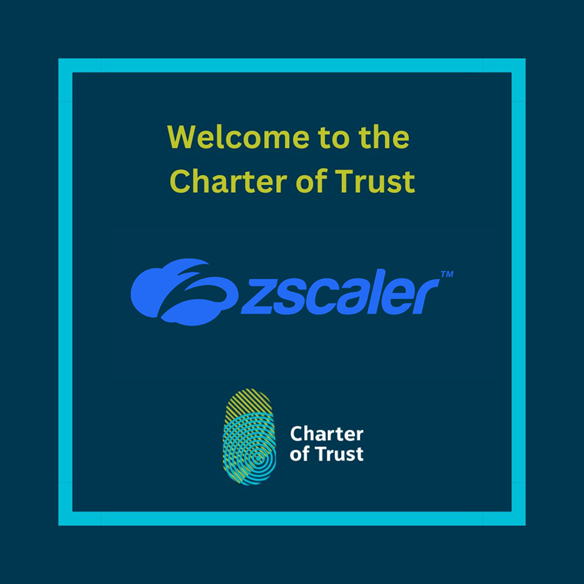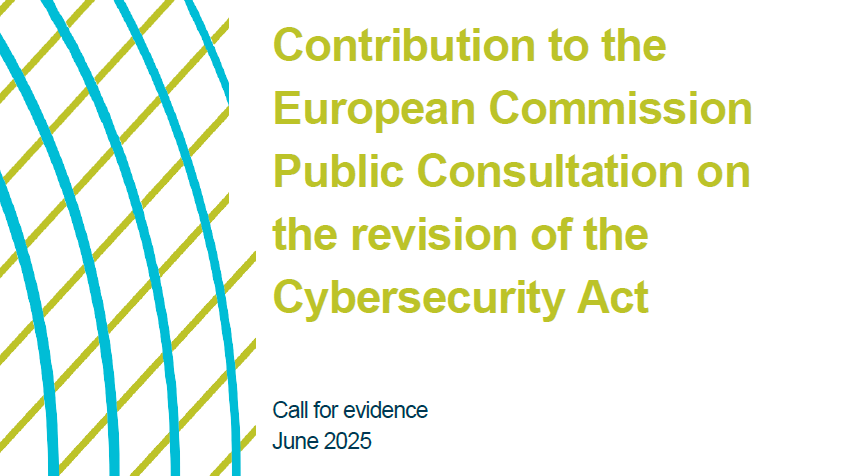Looking at the current regulatory landscape regarding cybersecurity in the Internet of Things, we see a global evolution on policies and regulation related to cybersecurity and privacy.
By Jacques Kruse Brandao, Global Head of Advocacy Digital Trust Services, SGS
Looking at the current regulatory landscape regarding cybersecurity in the Internet of Things, we see a global evolution on policies and regulation related to cybersecurity and privacy. Countries or regions like the UK, Japan, and California began to pass laws related to cybersecurity baseline requirements while referring to best practices like Security-by-Design, secure SW Updates or a minimum duration of security patches. Germany is about to propose an IT Security Law 2.0.
In parallel, several other players are in the preparation of complete frameworks like the European Cybersecurity Certification Framework or the Cyber-Physical Security Framework in Japan, besides reviewing activities related the resilience of their essential services and critical infrastructures. In the US, the Cyberspace Solarium Commission published a report that proposes a National Cybersecurity Certification and Labelling Authority.
At the virtual Charter of Trust Geneva Roadshow recently, we had the chance to learn from Swiss Federal Cyber Security Delegate Florian Schütz about Switzerland’s intension of to ensure the integrity of entire supply chains. From Dr. Raphael M. Reischuk, the Vice-President of the Cybersecurity Commission of ICT Switzerland, we learned about a proposal for a Swiss Conformity Assessment Institute. This was aimed at increasing trust in certifications and to ensure conformity, which would be a complementary step to the Charter of Trust’s Principle 2 baseline requirements for the supply chain.
Most of these initiatives on regulation are not yet completed. As the Charter of Trust, we are ready to add value with our industry perspectives on secure supply chains, and to further discuss the importance of harmonized cybersecurity requirements. In order to build trust in a hyper-connected world, we may also need to think about the importance of efficient and independently verifiable Security by Design. This would strengthen the ability of suppliers to continue offering compliant products and services in the future.


You may also like

Charter of Trust Welcomes Zscaler
Zscaler is a leading cloud enterprise security provider helping global businesses accelerate their digital transformation by becoming more agile, efficient, resilient, and secure.
With Zscaler as a partner in the Charter of Trust, we aim to strengthen global cyber resilience through trust – by fostering actionable collaboration between industry leaders, governments, and public-private platforms. Zscaler brings robust expertise and innovation to the table, making it the ideal partner to drive this mission forward.
“Zscaler is excited to drive meaningful change alongside our new partners, laying a foundation of trust essential for successful digital transformation,” said Sam Curry, Zscaler CISO. “In today’s world, the need for reducing inherent trust and default access has never been greater. To truly stay ahead of ever-evolving threats, we must unite as a coalition of practitioners. Cyber attackers aren’t taking breaks, and with advancements like artificial intelligence, quantum cryptography, and emerging technologies on the horizon, collaboration is the key to securing the future.”
“We are proud to welcome Zscaler to the Charter of Trust. Their focus on cybersecurity innovation and commitment to openness reflect our shared ambition to create a safer, more resilient digital future. Together, we’ll strengthen trust, transparency, and security across the global digital landscape.” highlighted Dr. Summit Chada, Charter of Trust Co-Chair and COO Group Security & Business Lines CISO at Atos.
“With Zscaler as a Partner of the Charter of Trust, we believe that we can strengthen the global commitment to secure digital transformation by combining technological innovation with the Charter of Trust’s collaborative approach to cybersecurity leadership.” Ralf Schneider, Charter of Trust Co-Chair and Senior Fellow and Head of Cybersecurity and NextGenIT Think Tank at Allianz SE, welcomes Zscaler to the Charter of Trust.
We are excited to join forces and work together to advance digital trust and security across industries.

Contribution to the EU Commission Public Consultation on the revision of the Cybersecurity Act
We support Policy Option 2, which focuses on targeted regulatory measures that address key challenges without creating unnecessary complexity. In this context, we emphasize the need to enhance the role and resources of ENISA, to ensure effective implementation of both current legislation and the European Cybersecurity Certification Framework (ECCF).
Our recommendations aim to improve transparency, collaboration, and efficiency across the EU’s cybersecurity landscape. These include:
- Introducing clear timelines for the development of certification schemes.
- Enhancing stakeholder engagement throughout the process.
- Establishing more structured communication channels between ENISA, the Stakeholder Cybersecurity Certification Group (SCCG), and sectoral ISACs (Information Sharing and Analysis Centers).
We call for a stronger ECCF, one that is transparent, inclusive, and aligned with international standards to foster global interoperability and ease compliance for organizations across borders. Equally critical is the harmonization of certification practices across EU member states and the mutual recognition of certifications to minimize regulatory fragmentation.
The Charter of Trust advocates for technically robust, standards-based certification schemes, with well-defined roles and responsibilities. We also stress the need for clarity on the interplay between voluntary and mandatory certifications, particularly in relation to the upcoming Cyber Resilience Act (CRA).
To streamline compliance and reduce administrative burden, we propose a unified, risk-based incident reporting regime that consolidates requirements under regulations such as NIS2, CRA, GDPR, and DORA. This would not only simplify reporting for organizations but also enhance the EU’s overall cyber resilience. In addition, we recommend incorporating liability protections and grace periods for incident disclosure.
Finally, we urge the Commission to strengthen supply chain security by adopting a risk-based classification approach and establishing baseline cybersecurity requirements for ICT suppliers.
The Charter of Trust remains fully committed to supporting the European Commission in shaping a secure, resilient, and trusted digital future for Europe. We look forward to continued collaboration in building a cybersecurity framework that meets the needs of all stakeholders, today and in the years to come.




